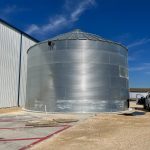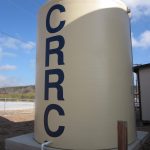It’s that time of the year… the leaves are changing colors, there is a chill in the air, Fall is officially on it’s way.
But this also signals another time of the year… Wastewater Averaging Time.
While that may not sound as exciting as welcoming Fall, it actually presents a great opportunity for your household to conserve water AND save money for the next calendar year.
Yes, you read that correctly… you can save money monthly over the next 12 months.
How is that you ask?
The simple answer is by conserving water during the wastewater averaging period. Conserving during the wastewater averaging period lowers the average monthly water consumption that is calculated for your indoor use. This average is used for the next 12 months as your assumed indoor water use and thus the amount each month that you are billed for wastewater charges.
What is Wastewater Averaging?
The wastewater average is the basis for determining the amount you are billed by your water utility for wastewater throughout the year. Some utilities may refer to this wastewater average as your “winter month average”.
Wastewater averaging is where the water utility takes the monthly water usage volumes from the months in the late fall / winter to average them and then uses that average monthly volume as the wastewater volume generated for the other months of the year. This is essentially an indirect way to not charge for the water used for irrigation or other outdoor uses during the summer months of the year since cities assume that all the water used during the winter months are only indoor water and thus use that average to assume the indoor water use for the rest of the months.
For example, the City of Austin calculates wastewater costs based on the amount of water used during three consecutive winter billing periods, typically mid-November through mid-March.
If you use more water than your wastewater average, then it is assumed that this additional water has been used outdoors and will not be returned back to the city’s sanitary sewers. Therefore, you are not charged for this water usage on your wastewater bill. Conversely, if you use less water during a month than your wastewater average, then your wastewater charge should equal only the actual amount of water used that month.
Check with your local utility company to see how they handle your wastewater charges. Some utilities may not use this wastewater averaging method, so they charge a flat, monthly wastewater fee.
Why is a wastewater average used instead of the actual wastewater volume you generate?
Most likely, your property has a water meter that is used to measure and record the amount of water that your property uses. A water meter can be used on the incoming water pipe because it is under pressure and thus a full pipe of water. This turns a mechanism in the water meter to register the amount of water used.
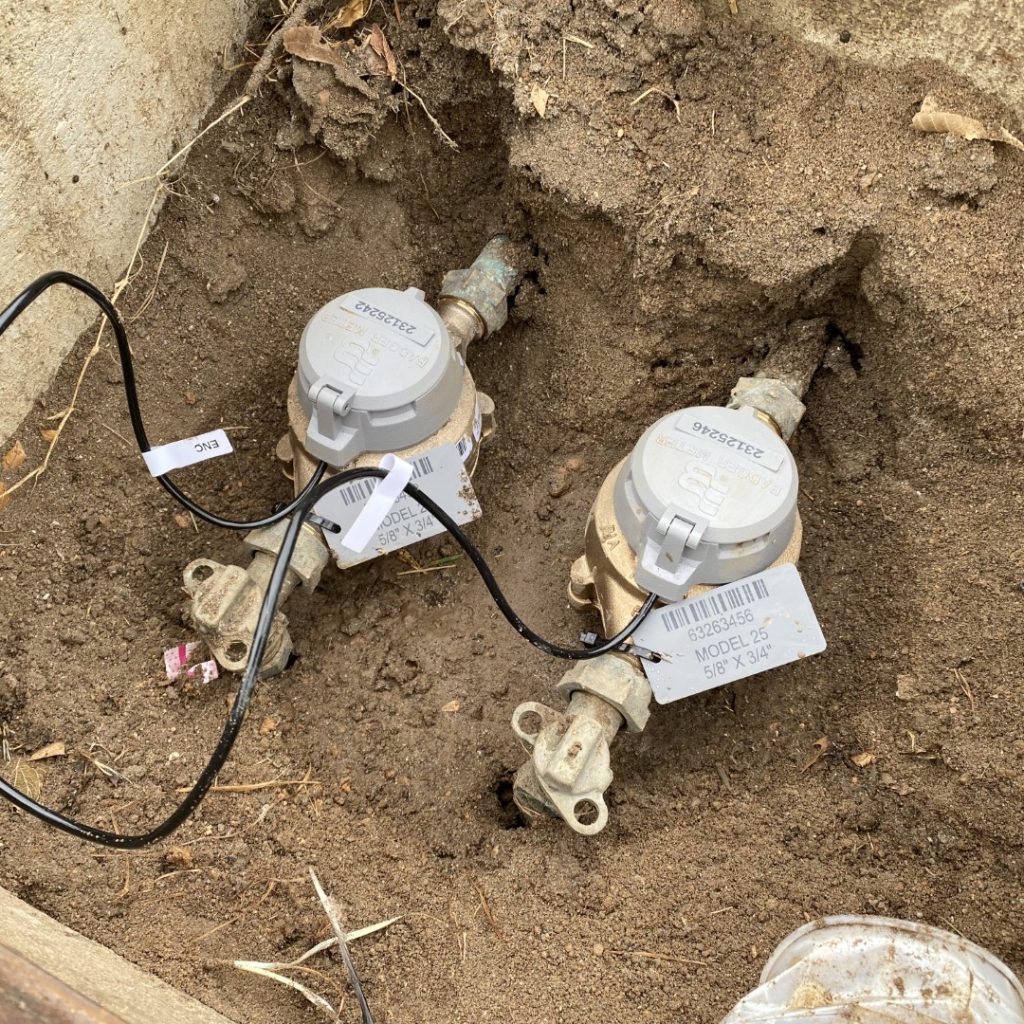
While metering pressurized water pipes is easy, metering gravity flow water pipes isn’t so. The sewer pipe that carries the used water and waste to the city sewer pipes is a gravity flow pipe.
To measure gravity flow through a pipe, a mechanism such as an ultrasonic flow meter. An ultrasonic flow meter uses a laser beam to measure the height of the water surface in a pipe, typically at a weir. Then that height is used to calculate the water flow through the pipe.
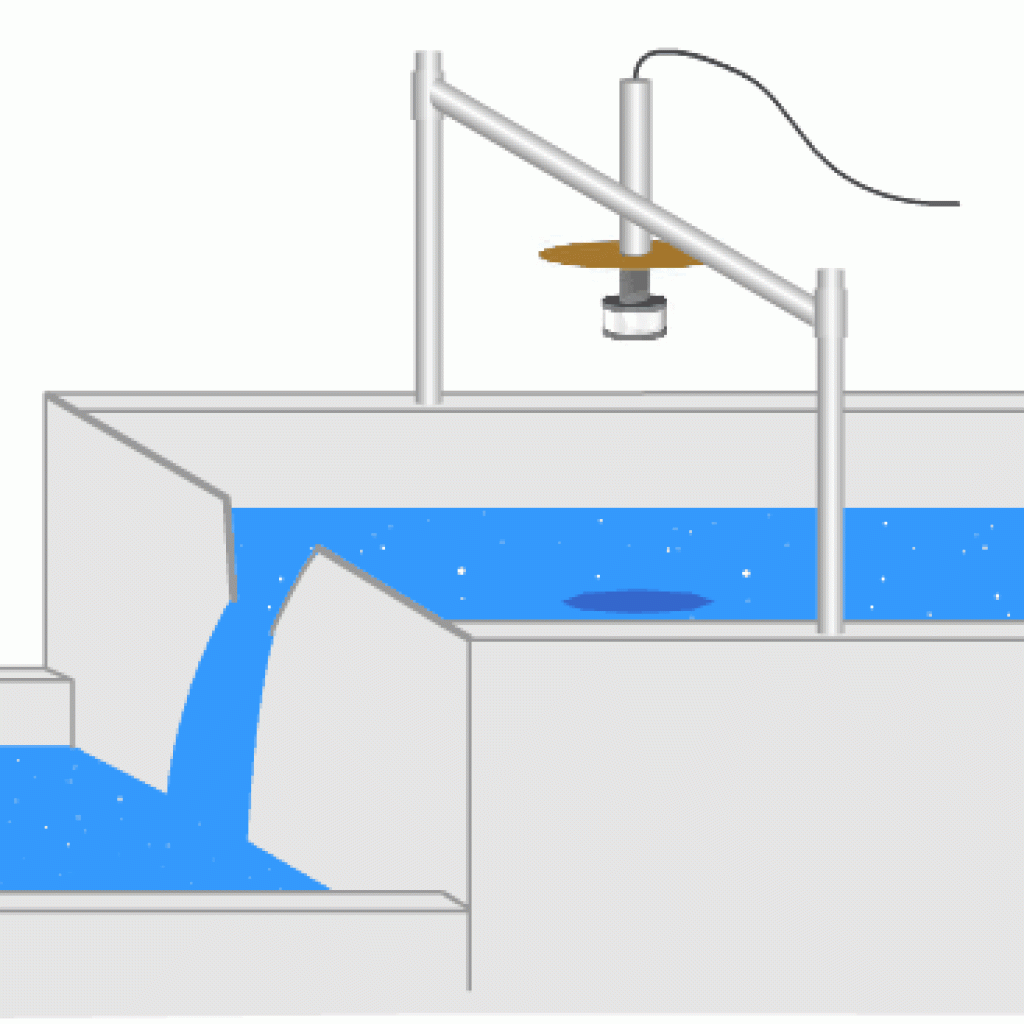
These ultrasonic flow meters are expensive, so it is not cost effective for a city to meter the gravity flow sewer pipe at each and every house. Therefore, the next best way to measure the wastewater discharge is to use your water meter to measure your monthly water use and then estimate the amount of wastewater that could be returning to the city sewers.
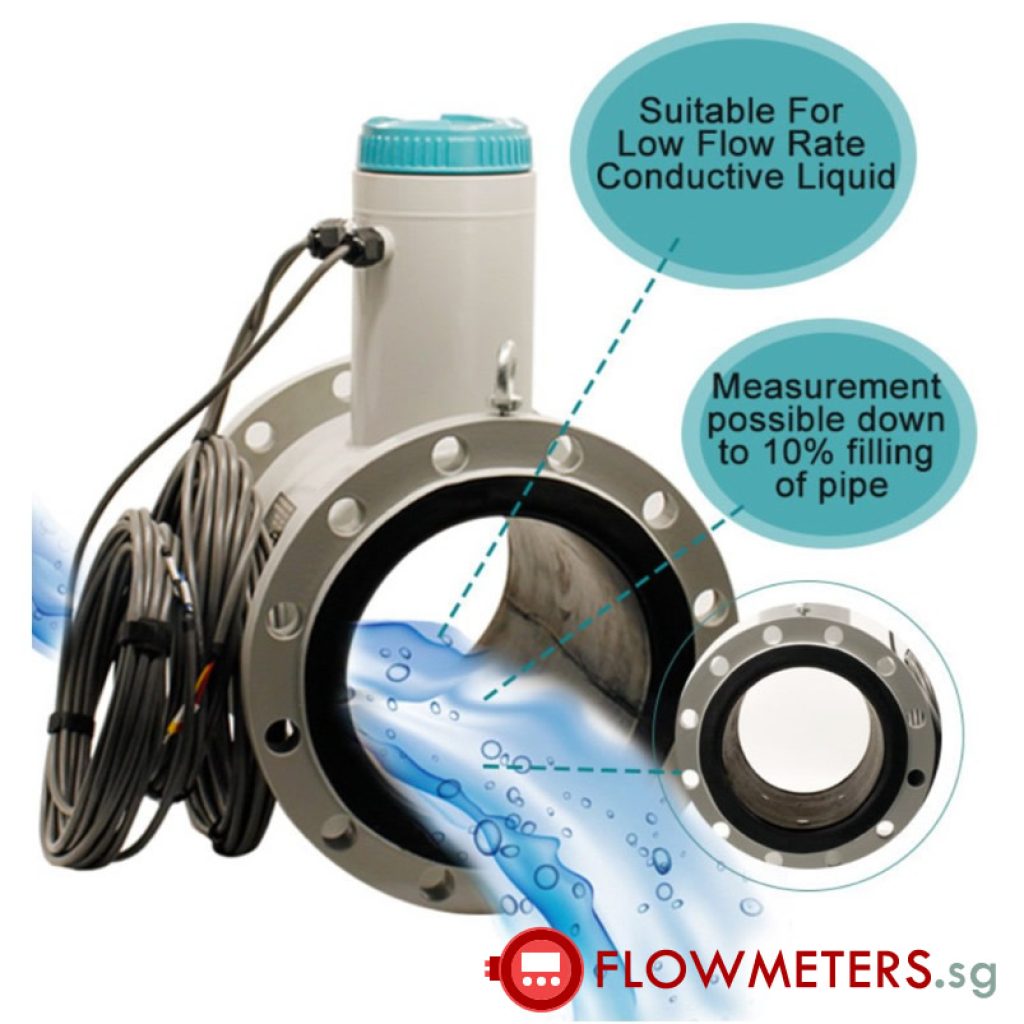
Why is wastewater averaging done in the Fall and Winter?
Wastewater averaging takes place during the late fall/winter months to coincide with seasonal low water use. Many households naturally cut back on irrigation, filling pools, washing cars, and other outside water uses during these months so it is easier to estimate the amount of water that goes directly into the sanitary sewer system and must be processed as wastewater.
Typically, a multiple month average during the late fall and winter months is used rather than picking one month during the year. This averaging is more fair just in case you have a higher water use during a single month.
Why is wastewater averaging so important?
The cost of wastewater is higher than the cost of potable water due to the cost of the treatment requirements before wastewater can be released back into environment. Wastewater is costlier to treat, since it can carry food scraps from the garbage disposal, detergent from washing machines, human waste, toilet paper, and more.
For example, at the date of publication, the City of Austin charges $4.99 per 1000 gallons of potable water used in the 2000 to 6000 gallon cohort while they charge $10.45 per 1000 gallons of wastewater used in the 2000+ gallon cohort. For citizens of Austin this means that they can actually get 2 times more savings by conserving wastewater than they do by conserving potable water. In order to achieve these savings throughout the year though, you have to reduce your water use during your wastewater averaging period.
How is my wastewater average calculated?
Your wastewater average is based on meter readings for the water you use. Meter readings are taken over the course of three consecutive fall/winter months known as the wastewater averaging period. For example, let’s say that during your wastewater averaging period you use:
- 4,000 gallons in month 1
- 4,500 gallons in month 2
- 6,000 gallons in month 3
Wastewater Average = (4,000 gal + 4,500 gal + 5,000 gal)/ 3 months = 4,833 gallons per month
Your final wastewater average would be 4,800 gallons per month – the average gallons per month rounded to the nearest 100.
What can I do during my Wastewater Averaging period to conserve water?
As you can see, conserving water in your household during the wastewater averaging period can reap monetary savings throughout the year. Even if you happen to use more water inside your house during the rest of the months of the year, the City will assume that the excess water over your calculated wastewater average is water used for purposes such as irrigation use.
So how can you conserve water during your wastewater averaging period?
- Make sure to turn off your irrigation system. If you don’t know how to do this, search Youtube for a video tutorial on how to operate your particular irrigation system controller.
- Fix any leaky faucet or toilet
- Try to wash only full loads of laundry
- Take shorter showers. Why not try a Navy Shower?
- Upgrade your fixtures or appliances that use the most water efficient version
- If you have an old washing machine, think about upgrading to a new WaterSense labeled washing machine. You may even have local water conservation rebates to help with purchase of a new washing machine.
If you want more ways you can conserve water during the wastewater averaging period so that you can save money all year long, check out my post about 10 ways to hack your water utility.


